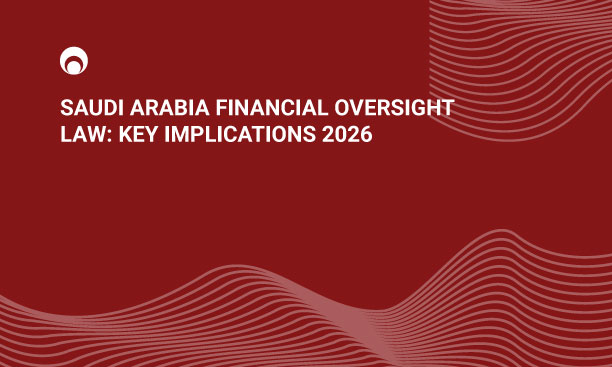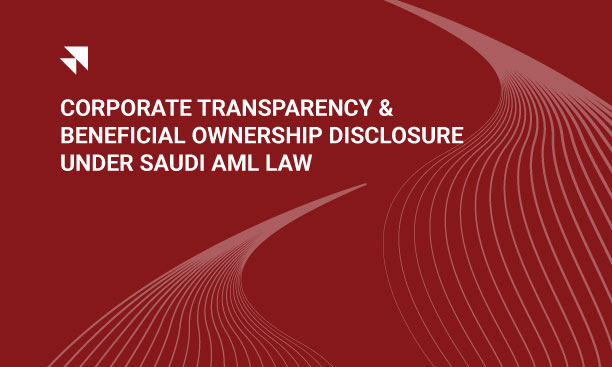Saudi Arabia enforces some of the strictest cybercrime laws in the region to protect citizens, businesses, and government infrastructure. The Anti-Cybercrime Law covers lots of things, like hacking, phishing, spreading bad software, online insults, and stuff that goes against what’s seen as right and wrong. Even something that seems small, like sharing something not okay, can get you in trouble.
Violations can lead to hefty fines, imprisonment, and permanent criminal records, which can also affect residency status for foreigners. This makes it essential for anyone living or doing business in Saudi Arabia to understand what constitutes a cyber offense. Ignorance of the law will not protect you from consequences.
Moreover, Saudi Arabia’s legal framework adapts constantly to keep pace with evolving cyber threats. For example, laws now include strict rules for cryptocurrency transactions, online gambling, and unauthorized digital marketing. Businesses and individuals must remain proactive to ensure compliance, reducing the risk of legal disputes or financial losses.
How to Report Online Fraud in KSA
If you encounter online fraud or scams, it is critical to act immediately. Saudi authorities provide multiple channels for reporting cybercrime. You can submit reports through the Ministry of Interior’s online cybercrime portal, or by contacting local law enforcement if the situation involves immediate risk.
If money is involved, tell your bank right away. Saudi banks work with the police to freeze accounts that look suspicious and sometimes get your money back. If you’re a company, reporting quickly can help stop your reputation from getting damaged and prove you’re following the rules. This is key in a place where trust matters a lot.
Additionally, keeping detailed evidence—screenshots, emails, transaction records—strengthens your case and helps law enforcement respond efficiently. Prompt reporting not only safeguards you but also contributes to national efforts to combat cybercrime and prevent repeat offenses.
Penalties for Cyber Offenses in Saudi Arabia
Penalties for cyber offenses in Saudi Arabia are severe and designed to deter criminal activity. Depending on the nature and scale of the violation, offenders may face:
- Fines ranging from thousands to millions of Saudi Riyals, particularly for financial fraud or large-scale data breaches.
- Imprisonment from several months up to multiple years, especially in cases of hacking government systems, spreading malware, or committing identity theft.
- Permanent criminal records, which can limit travel, employment opportunities, and even residency for expatriates.
Minor offenses, such as sharing misleading information or offensive content online, can still result in fines or legal action. Therefore, awareness of the laws and active compliance are vital. Businesses, in particular, must implement internal policies and employee training to prevent violations and protect their operations.
Data Privacy and Protection Regulations in KSA
Data privacy is a growing concern in Saudi Arabia. The Personal Data Protection Law (PDPL) sets out strict rules for the collection, storage, and processing of personal information. Companies must obtain explicit consent from users, maintain secure systems, and notify authorities promptly in the event of a data breach.
Individuals also play a role in safeguarding their data. Using strong passwords, enabling two-factor authentication, and avoiding sharing sensitive information publicly can significantly reduce risks. The law ensures that personal and corporate data remains protected, which in turn boosts consumer confidence and international business credibility.
Saudi companies working with clients overseas should know about international rules, like GDPR for sending data to other countries. If you don’t follow the rules, you could get big fines and your company’s reputation could get hurt.
Cybersecurity Rules for Saudi Businesses
For companies in Saudi Arabia, following cybersecurity rules isn’t a choice anymore—it’s a must. Companies need to put good systems in place to protect their digital stuff, money info, and customer details. Things to do include:
- Installing firewalls, antivirus software, and intrusion detection systems.
- Regularly updating software, monitoring networks, and performing risk assessments.
- Training employees to identify phishing emails, malware, and suspicious online behavior.
- Maintaining incident response plans for potential cyber threats.
Failing to comply with cybersecurity regulations can result in regulatory penalties, lawsuits, and reputational damage, which could be devastating in the competitive Saudi business environment. Proactive compliance not only ensures legal protection but also builds trust with clients and international partners.
Preventing Identity Theft and Online Scams in Saudi Arabia
Identity theft and online scams are increasingly sophisticated. Individuals and companies must take active measures to protect themselves. Practical steps include:
- Using strong, unique passwords for all accounts and regularly updating them.
- Avoiding suspicious links or emails and verifying the authenticity of any digital request.
- Monitoring banking and credit accounts for unusual transactions.
- Educating employees about social engineering, phishing, and other scams.
Awareness is the most effective defense. Many online crimes happen because victims unknowingly share sensitive information or fail to recognize warning signs. Preventative measures reduce exposure and potential financial or legal consequences.
Legal Framework for Data Breaches in KSA
Data breaches are treated very seriously under Saudi law. Companies must:
- Report any breach promptly to the competent authorities.
- Notify affected individuals if their personal or financial data is compromised.
- Implement corrective measures to prevent similar incidents.
Penalties for failing to report breaches can be severe fines and legal liability, making a proactive cybersecurity strategy essential. Businesses are advised to have dedicated IT security teams, regular audits, and clear policies for handling sensitive information.
Role of the Saudi Data and AI Authority (SDAIA) in Cybersecurity
The Saudi Data and AI Authority (SDAIA) is a key player in national cybersecurity. It develops regulations, sets standards, and promotes awareness programs for citizens and businesses.
SDAIA also helps handle big cyber threats and makes sure our digital stuff stays safe. Companies should follow SDAIA’s advice for cybersecurity, risk managing, and data safety.
If companies in Saudi Arabia follow SDAIA’s advice, they can lower their cyber risks, stay within the law, and look good to the rest of the world.
Conclusion
Cybercrime in Saudi Arabia is a serious and evolving challenge, but knowledge is power. By understanding the laws, reporting suspicious activity, complying with cybersecurity standards, and protecting personal and corporate data, individuals and businesses can reduce risks significantly.
The combination of legal awareness, proactive cybersecurity measures, and collaboration with authorities ensures that residents and companies operate safely in the Kingdom’s digital environment.
For customized legal consultation, please contact us at info@ahysp.com.
Key Takeaways
- Saudi Arabia has strict cybercrime laws to protect its citizens and businesses, with severe penalties for violations.
- Individuals and companies must report online fraud immediately and keep detailed evidence to assist authorities.
- Data privacy regulations like the Personal Data Protection Law require explicit consent for data processing and prompt breach reporting.
- Businesses must comply with cybersecurity regulations to avoid penalties and protect their reputation in a competitive market.
- The Saudi Data and AI Authority promotes national awareness and standards in cybersecurity, essential for legal compliance and risk management.






